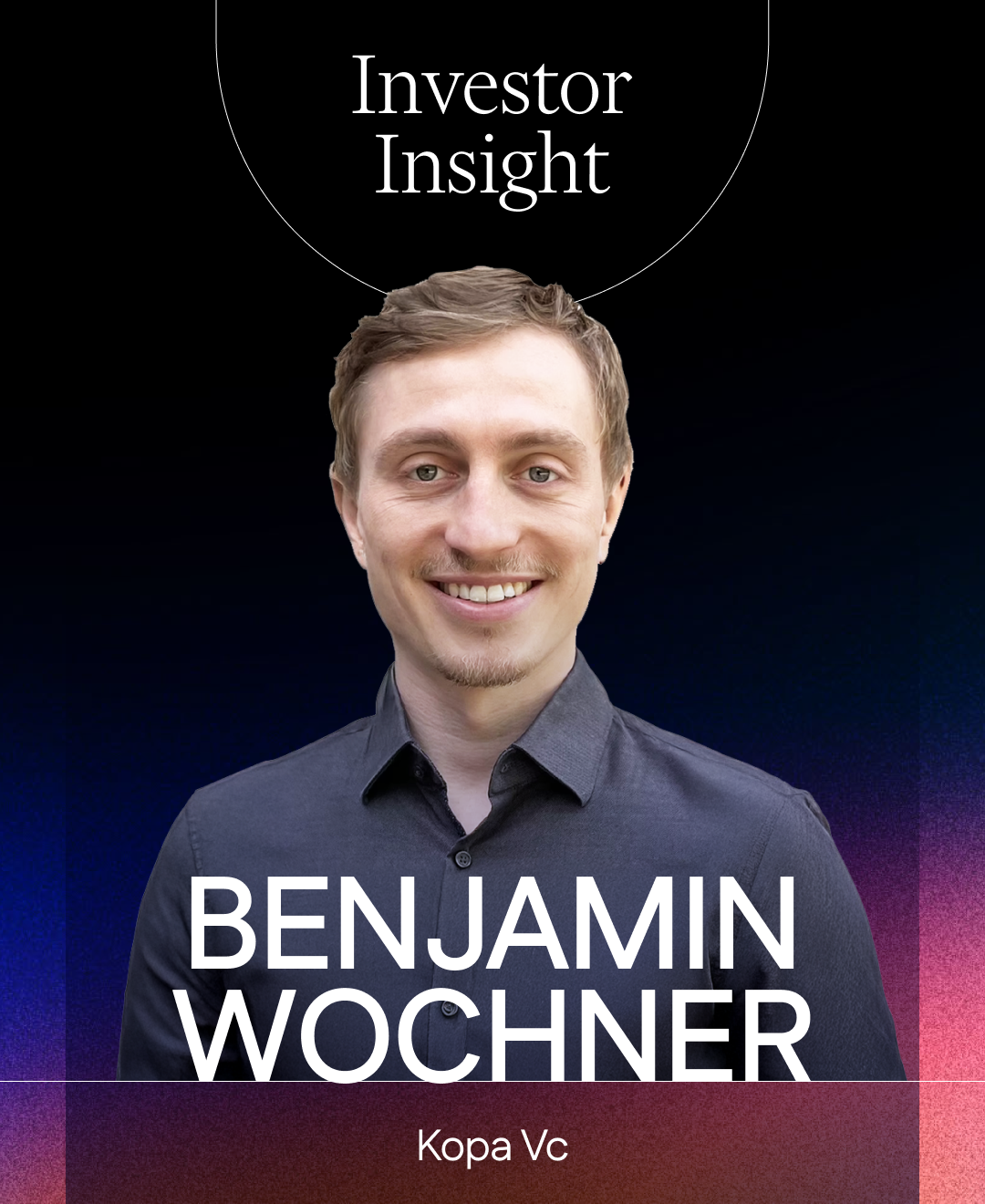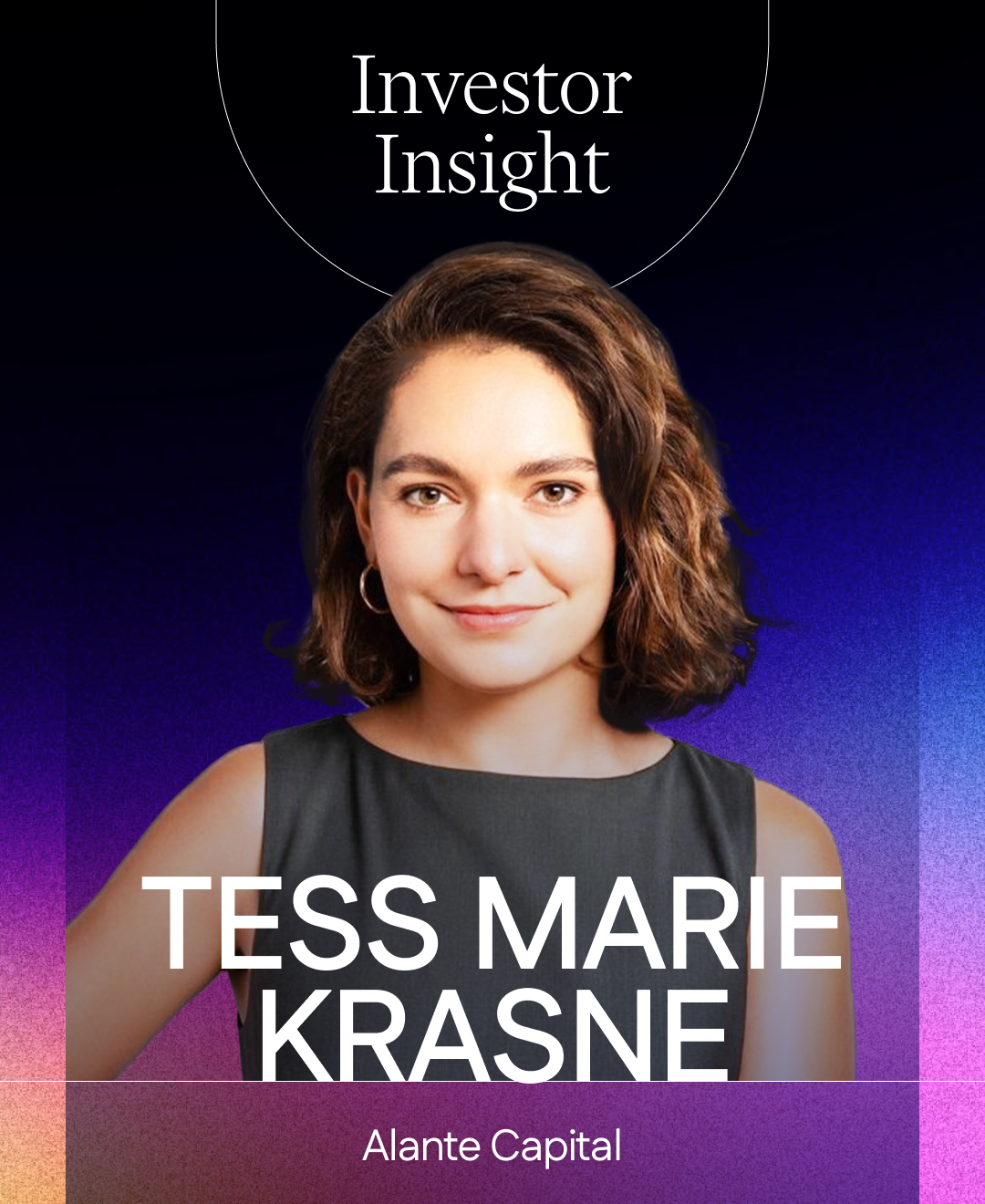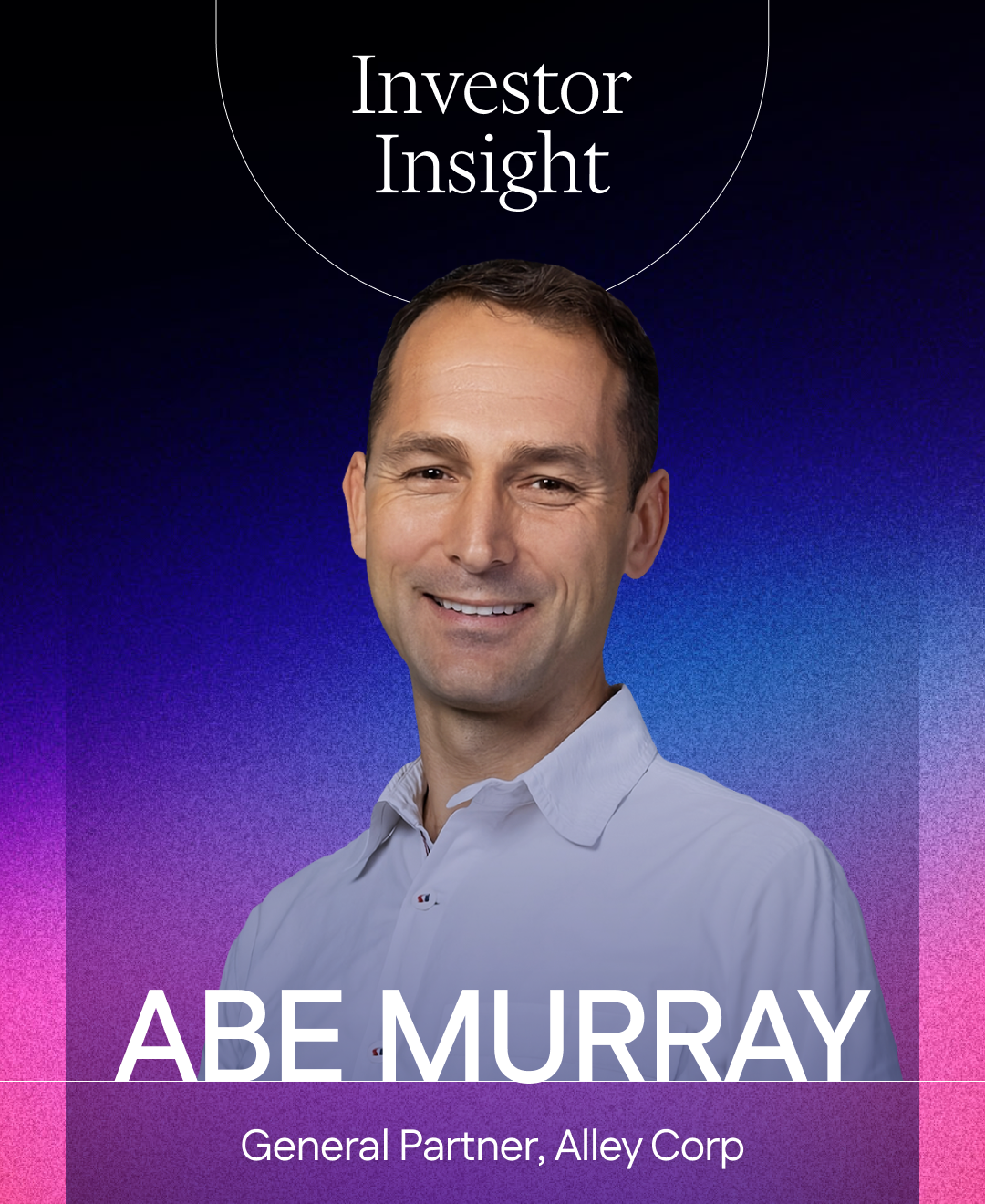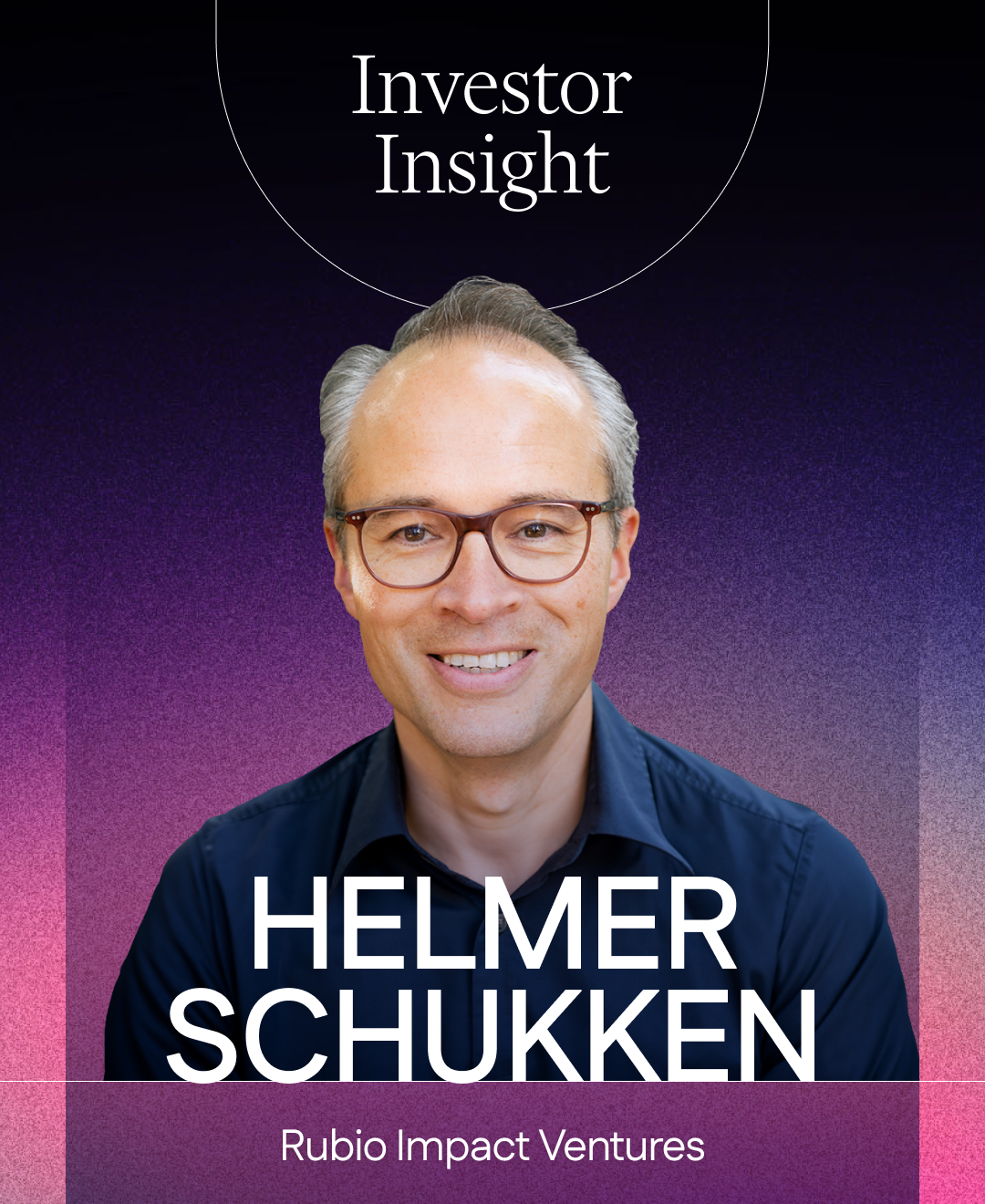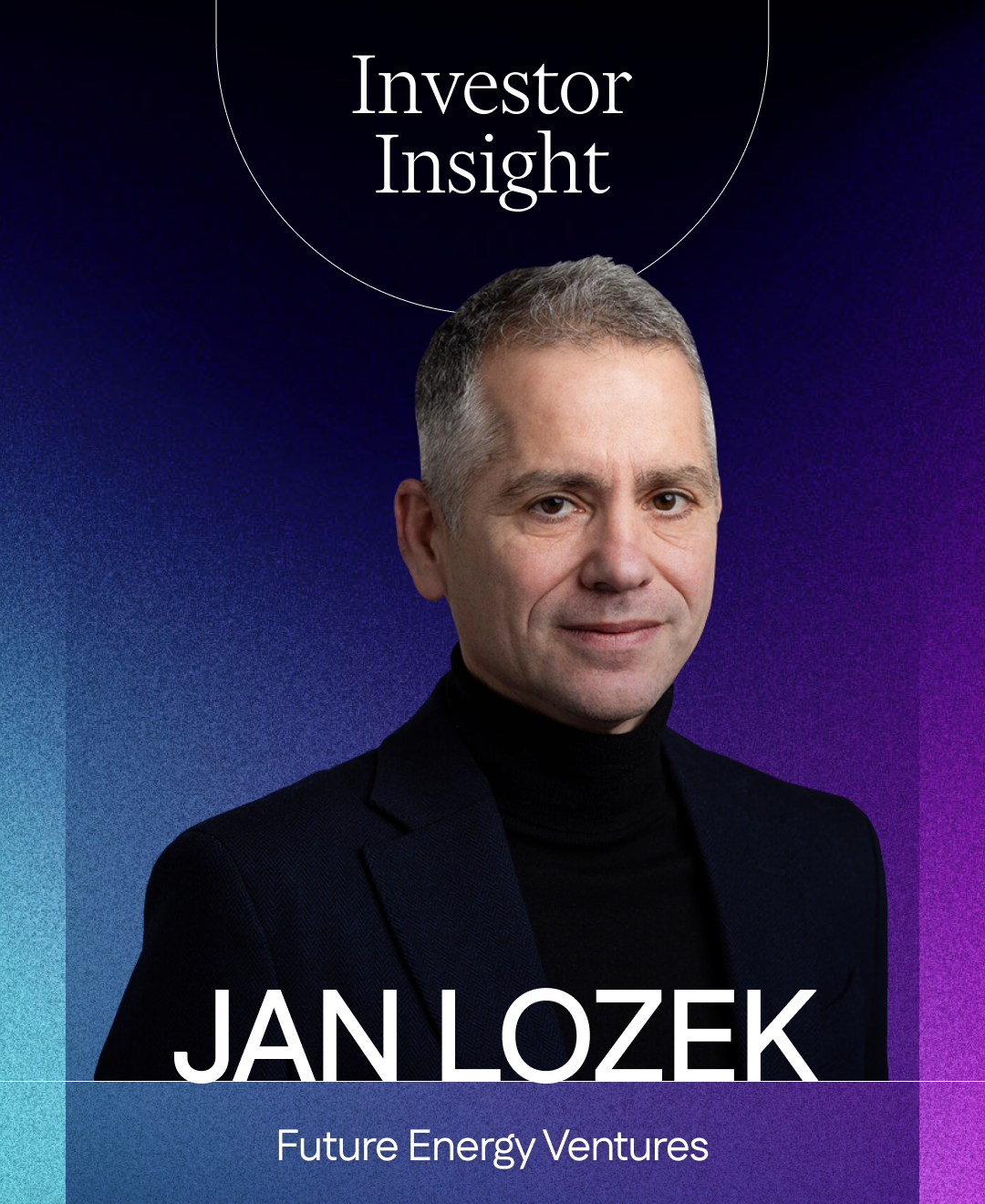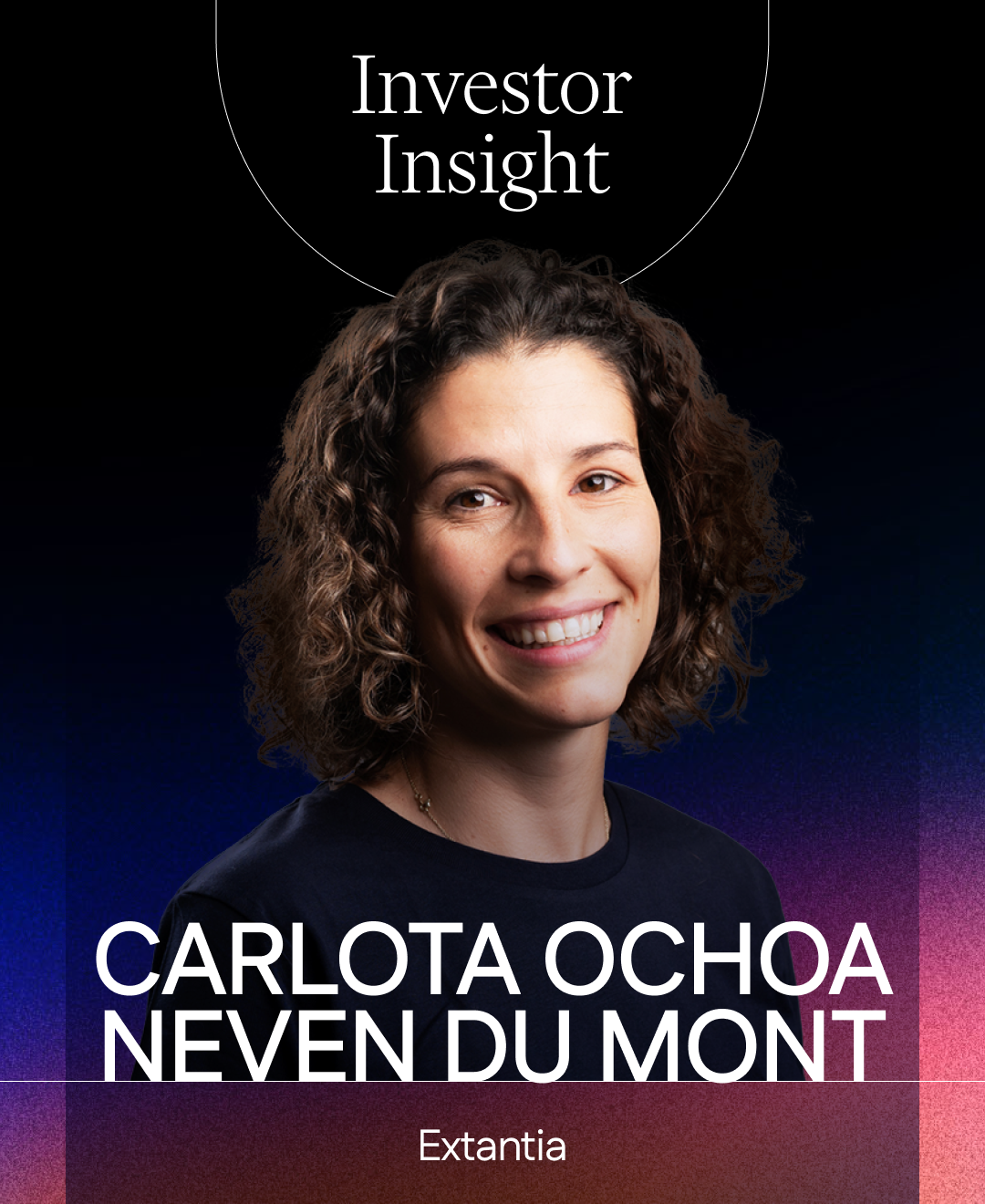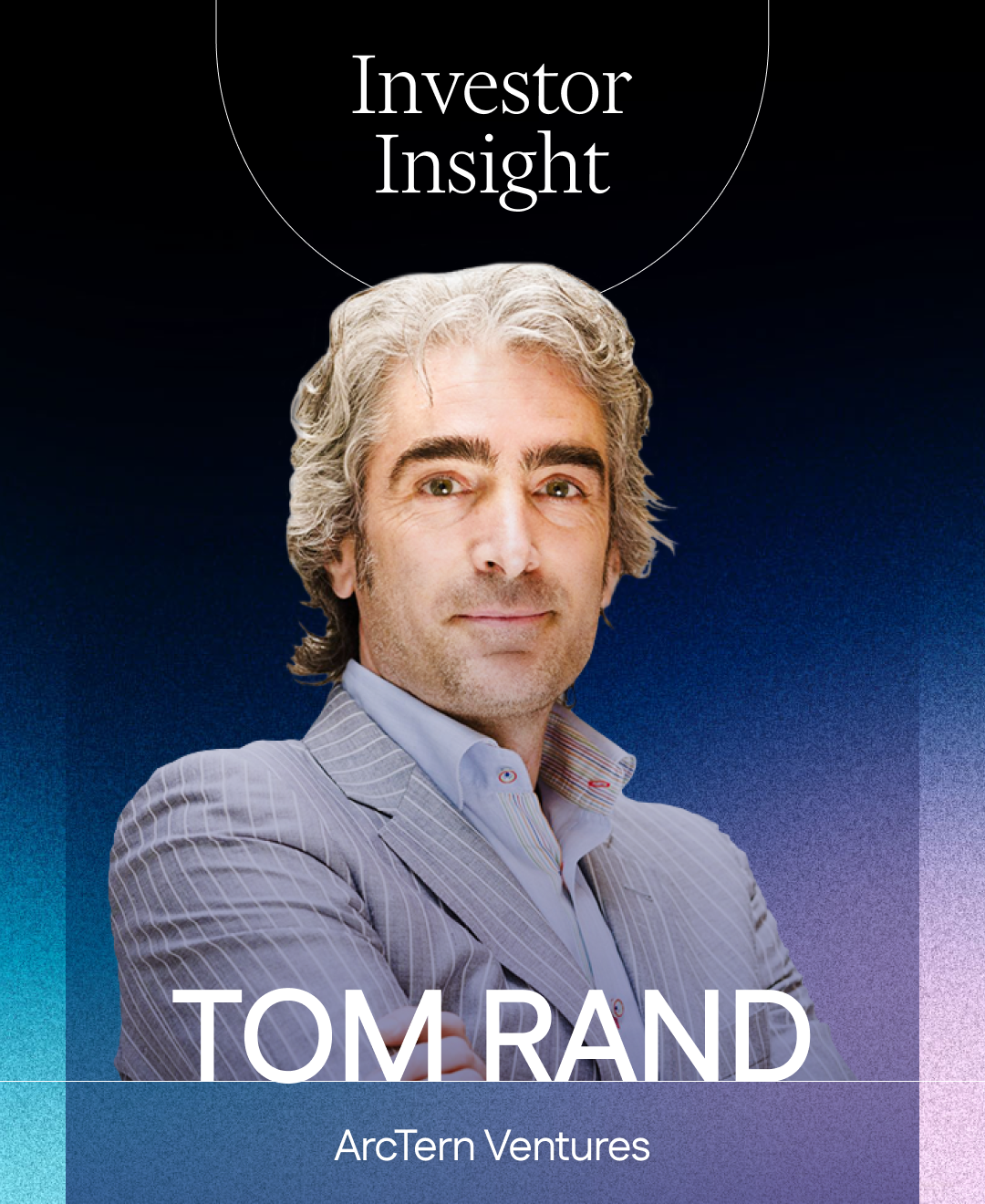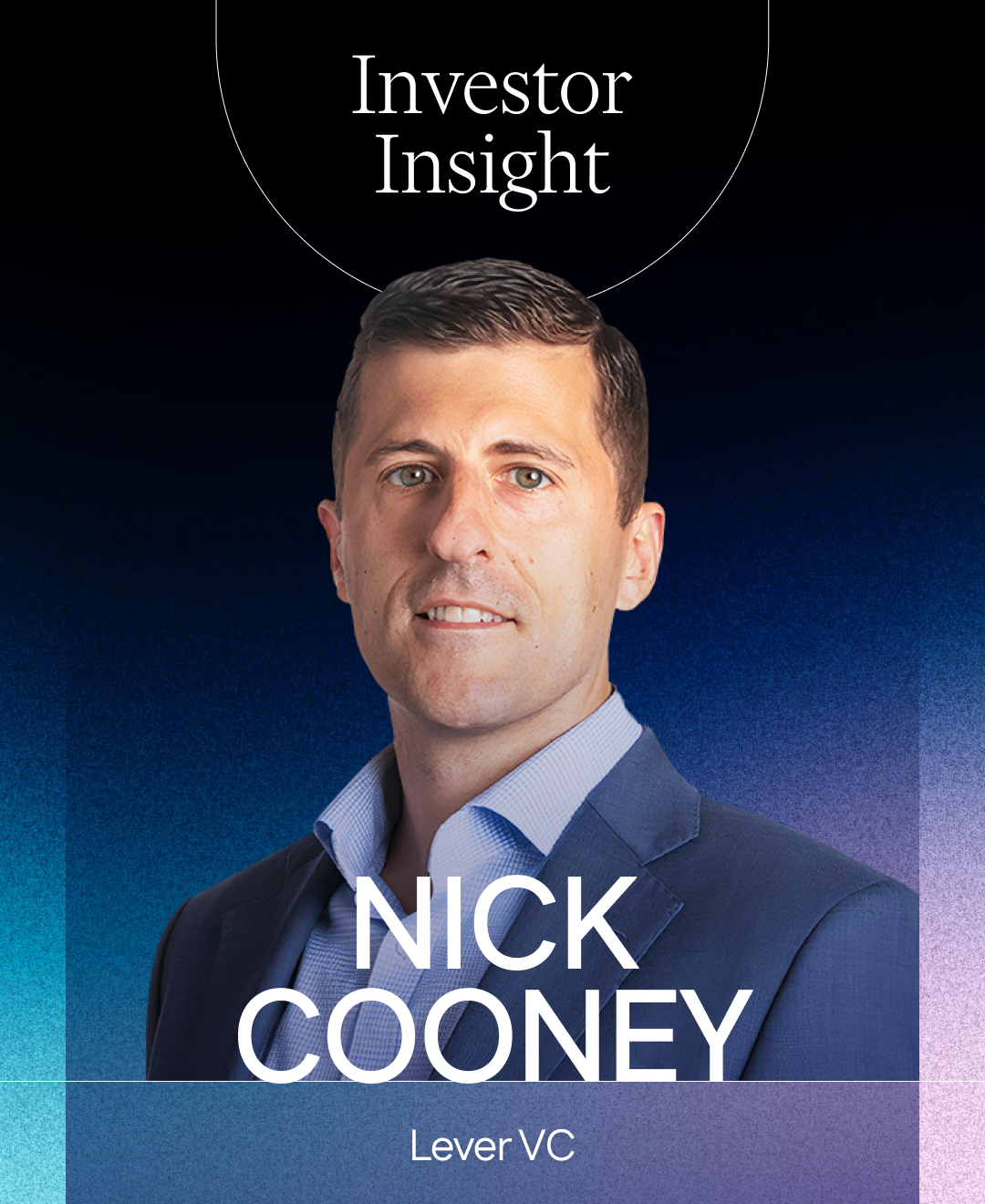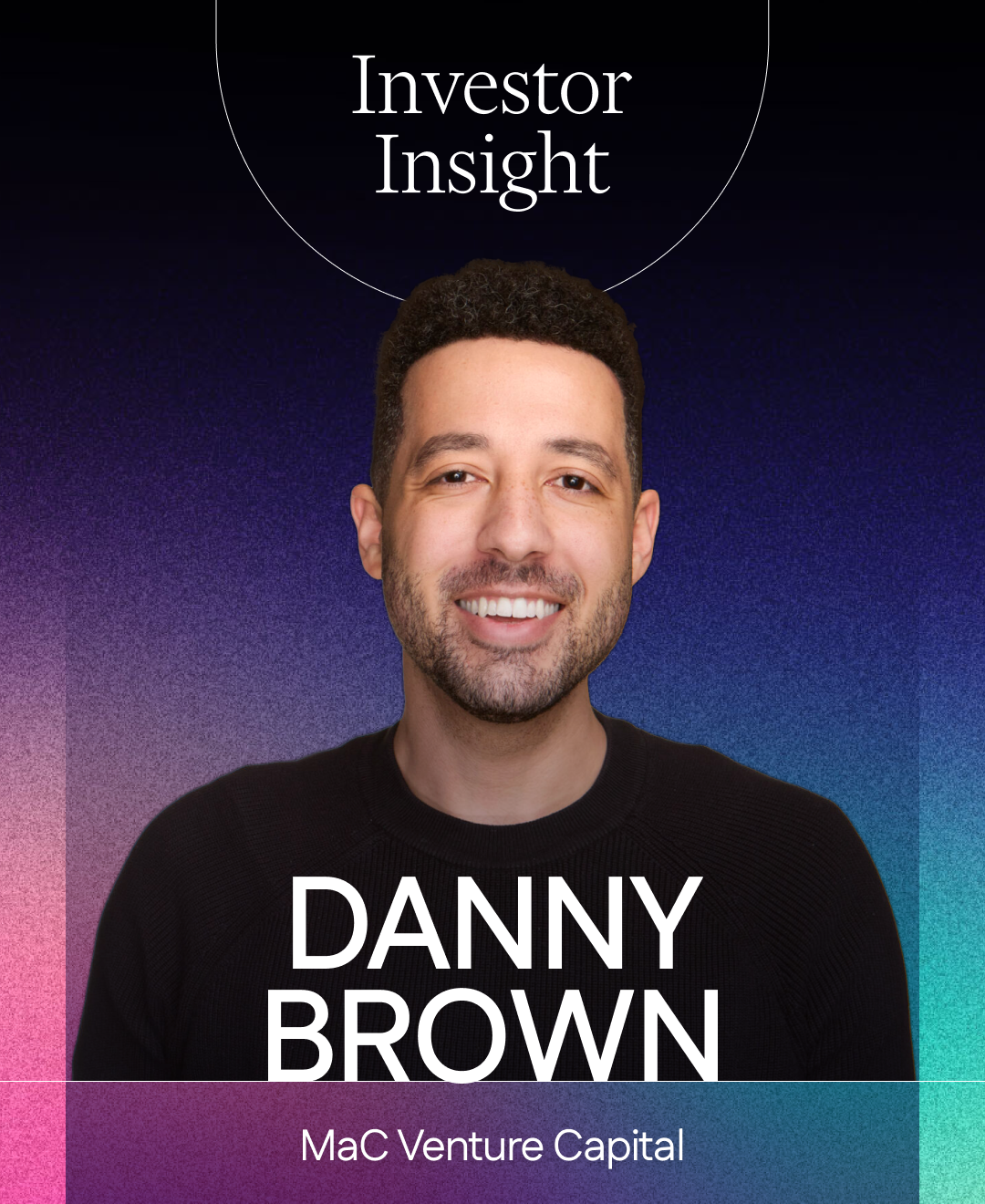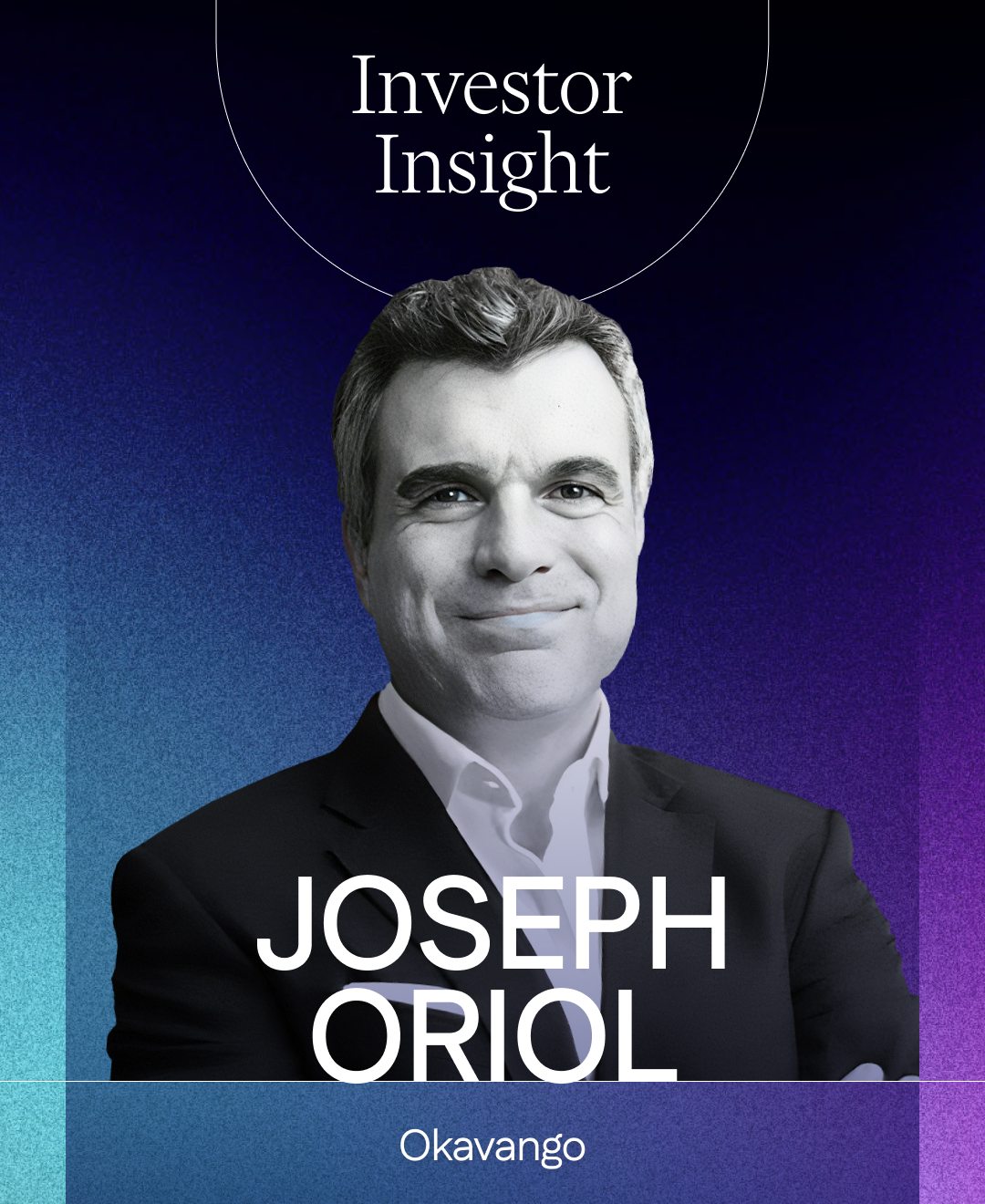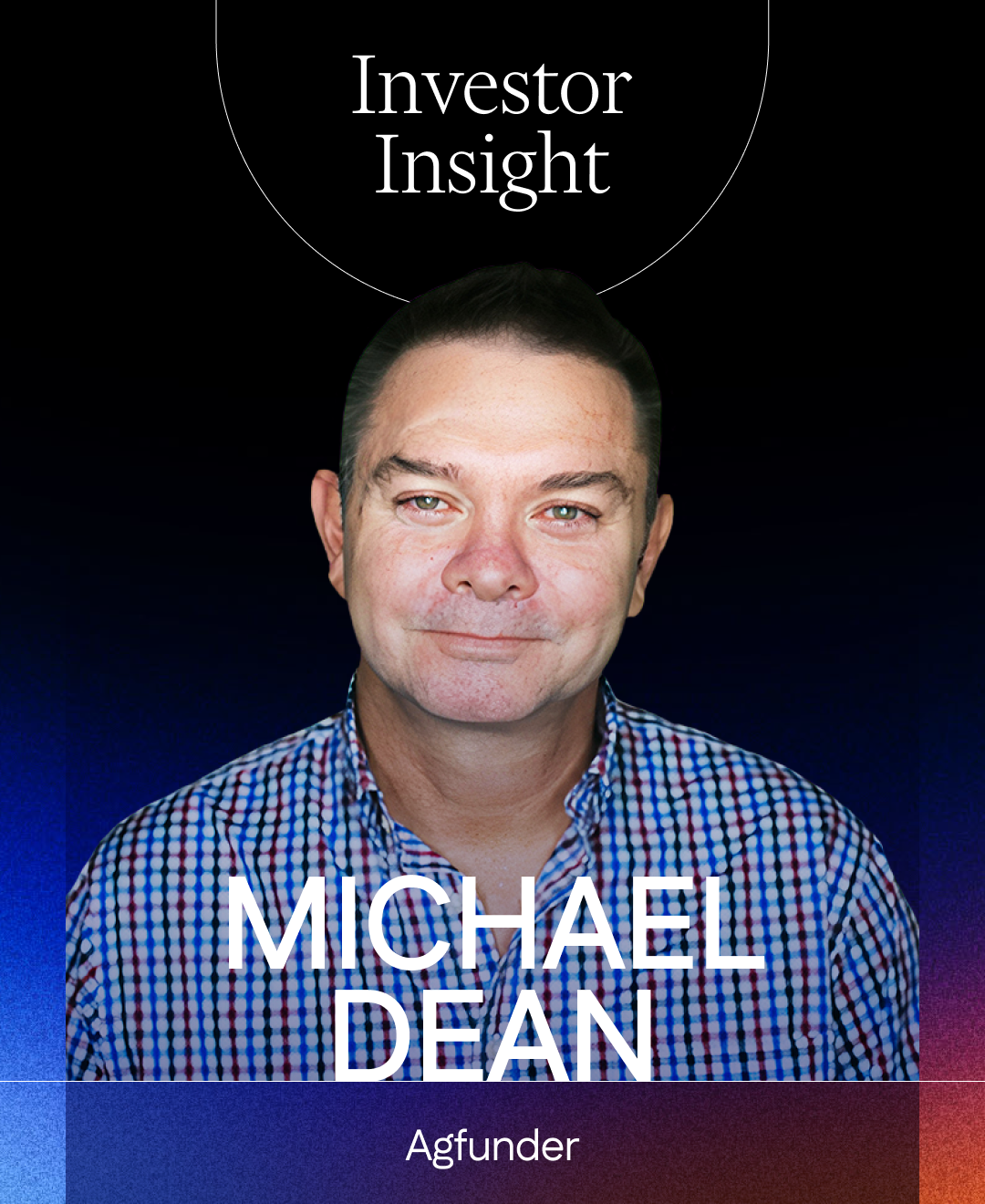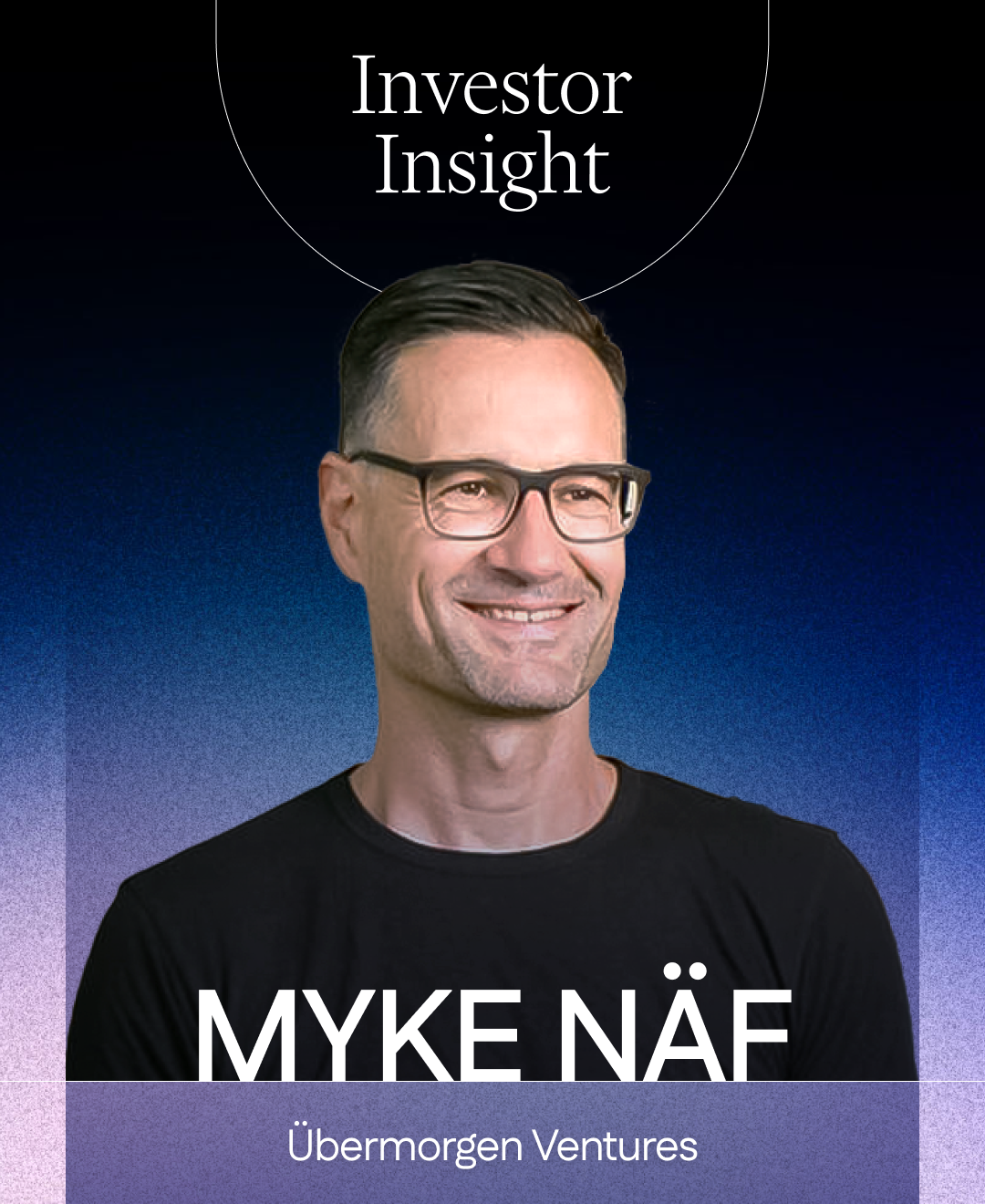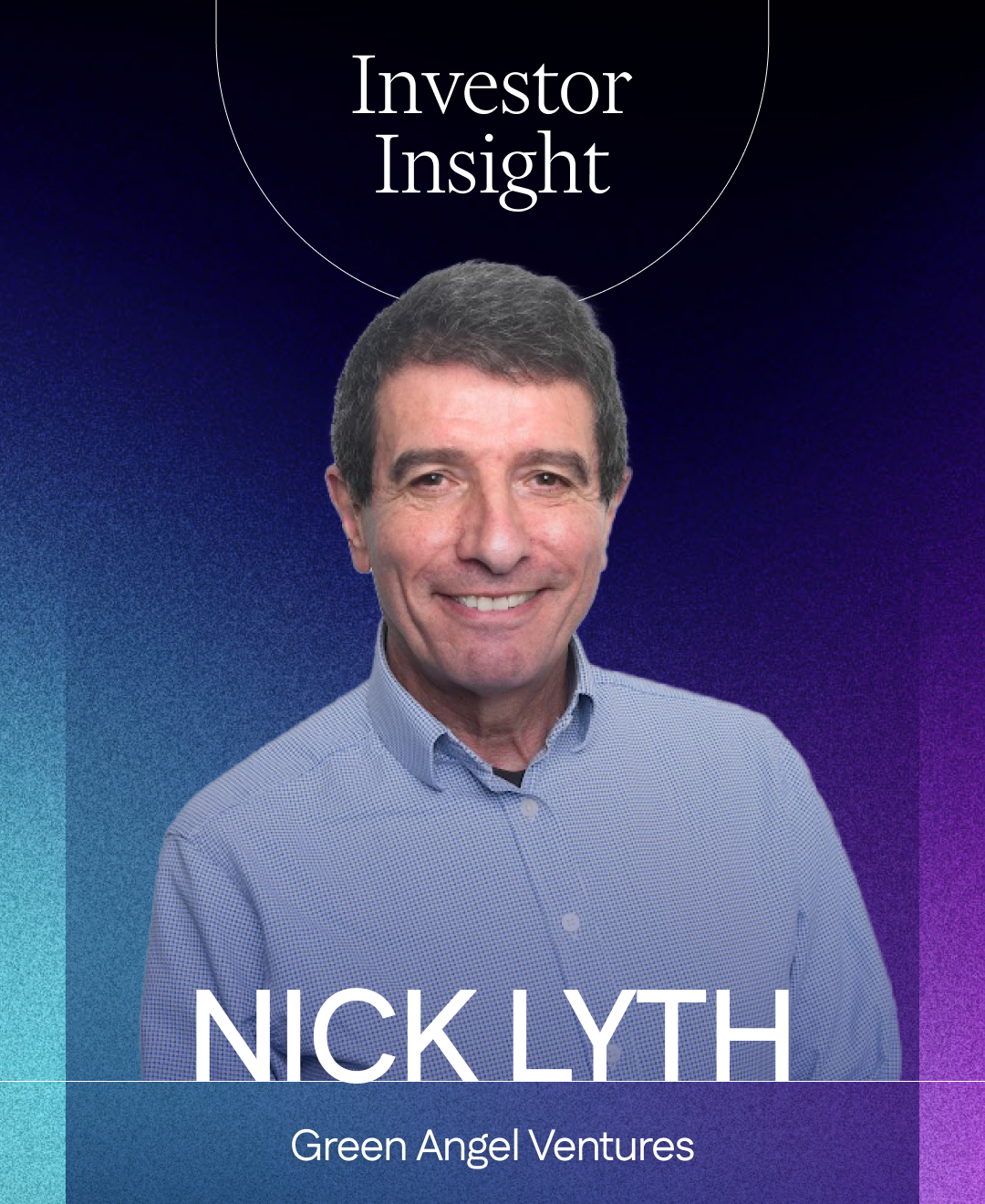
About Voyager Ventures
- Stage: Pre-seed to Series B
- Fund Size: $450M
- Industry Verticals: Climate tech, energy security, manufacturing, critical minerals, data center infrastructure, geothermal energy
- Geographies: North America and Europe
- Notable Portfolio Companies: Limelight Steel, Talia, Cash Energy
_____________________________________________________________________________________________________________________________________________
Introduction
Brighter Future recently had the pleasure of speaking with Nare Janvelyan, an investor at Voyager Ventures, a climate-focused fund with $450 million in assets under management.
Founded on Earth Day in 2020 by experienced investors Sierra Peterson and Sarah Schlosser, Voyager Ventures has quickly established itself as a leader in climate tech investing. The firm’s core thesis is simple but powerful: climate technologies will only succeed if they outperform fossil-based alternatives on both cost and performance, not just on sustainability.
“We are always looking for efficiencies in decarbonizing our economy and environment,” says Janvelyan. “At the end of the day, we're not impact investors. We are looking for sustainable, long-term companies.”
Throughout the conversation, Nare shared valuable insights into Voyager’s investment strategy, the challenges of a changing investment landscape, and what makes a founder and startup standout in a highly competitive system.
About Voyager Ventures and Where They Invest
Voyager Ventures is a pure-play climate fund investing in early-stage companies across North America and Europe. Unlike traditional impact funds, Voyager focuses on solutions that are commercially competitive, not just environmentally beneficial.
“Our investment thesis or focus is on finding technologies and companies that are building products or system processes that have better performance, are faster, and are cheaper than all the alternatives out there.”
.jpg)
Voyager believes the global carbon transition is underway and that many billion-dollar climate tech companies will be founded this decade. For this reason, they tend to focus their investment thesis on five core areas, including critical minerals, manufacturing, energy security, data center infrastructure, and geothermal energy.
“We really believe that it's not the decarbonization angle that's going to win. It's just purely because it's a better product or system.”
What are the Key Qualities You Look For In a Startup and Its Founders?
This year, Nare shares that the changing geopolitical landscape has led them to look into more domestic production options, including some of these key focus areas, such as critical minerals or geothermal energy production.
“We're investing in technologies that aren’t impacted by changes in policy or government,” says Janvelyan. “So any change in policies that might happen aren't going to impact us because we just don't invest in companies that depend on those things”.
As for founders, Voyager is looking for not only those who are a good fit and have the right backgrounds, but they are also looking for forward thinkers and individuals who are thinking about the next steps, the next goal, and the future of their business.
“More than anything, we're looking for founders that are building for the future,” shares Janvelyan. “They understand what it takes to build a business and commercialise a product or technology, and they're thinking ahead on what the milestones are that they need to hit.”
Nare also mentions how important the ability to scale is for investors, and the ways Voyager is looking for startups that are easier to trust, less risky, and easier to back.
“We spend a lot of time thinking about scalability because it could be a great product, but if we just have no sense or concept of how it's going to scale up, then how is that going to work?” shares Janvelyan. “So, absolutely need the ability to scale.”
On The Role of Storytelling in Startup Success
“For a startup, the storytelling is definitely really important because you have to be able to convey to other folks why you're better, why you're going to win in this market, and why this is a problem worth solving.”
The one connection Nare makes is between storytelling and fundraising. The more people you can bring on your side through storytelling, the more likely you are to be able to raise funds.
At Voyager Ventures, that’s important to their selection process, because they want to invest in founders whom they trust to continue raising funds and gathering resources for their business in subsequent future funding rounds.
“You will see great technical founders who do their work well but cannot tell an engaging story, which means they end up struggling to raise money, and their great product or technology just never makes it to market.”
On Why Startups Fail — And How to Avoid It
Janvelyan explains that there are several reasons they’ve seen startups falter in her years of work at Voyager and in other experiences in the industry. One of the biggest reasons is a lack of product-market fit, something that tends to plague startups in every industry.

“There's a mismatch between what customers want and need versus what the startups think that they want and need.”
Outside of a lack of product-market fit, she explains that there also can be a disconnect in pricing between startup founders and their target customers.
“I think that's one of the reasons for failure is they're (startup founder) not ever going to get the revenue numbers that they think they're going to get, and customers just don't want to pay 10 dollars versus a dollar for the product,” says Janvelyan. “That could be a big mismatch in terms of willingness to pay.”
Advice for Founders in a Tough Market
Janvelyan shares that startups in a tough market, especially with the changing geopolitical landscape, need to understand policies and find a way to make sure the business model doesn’t depend on these policies for its success.
She also shares that you should understand your position in where the market is going, planning for the future, especially in times of economic and political uncertainty.
“If you're moving against those tides, especially in a less supportive environment, I think it's going to be really hard to focus on markets that are supportive. The US might not have support for the XYZ industry, but Australia might,” says Janvelyan. “So can you ride the waves wherever the waves exist and to understand where the waves are going and where you fit in on that movement.”
Navigating the Changing Investment Landscape
“Given the uncertainties ahead, we'll probably see some consolidation of investment firms, including VCs, and we will probably see a bit of a downfall of startups,” shares Janvelyan. “I think overall there will be consolidation all around, however, there's going to be winners. We're going to have some great technologies emerge.”
Nare also expresses her belief that there will be a movement of funds throughout the investment landscape, with funds flowing into strong founders who are working on businesses with strong technology. This movement in funds and consolidation of funding will only lead to more startups vying for investment from fewer VCs.
“It's always a competitive market with startups and investments like VCs and growth stage funds,” she says. “The competition from that whole stage is just going to get tighter and more intense.”
For these reasons, Nare shares that the best thing startups can do is do their research, make sure they’re pitching to the right investors, and make sure they are tailoring their pitch to match the investors' wants and needs.

At Voyager, they often look for founders who are also adaptable and flexible, meaning they can flow through their pitch like a conversation, showing they know their materials and can effectively build relationships with future collaborators.
Lastly, do your research. Janvelyan shares that the best thing you can do is come prepared, look into the portfolio of their firm to ensure your work matches, and get an idea of the projects the investor wants to back. Conducting just that little bit of research can go a long way toward starting the conversation.
Final Thoughts
From all of us at Brighter Future, we extend our gratitude to Nare Janvelyan for her insights and for taking the time to speak with us. We wish her and the Voyager Ventures team continued success in helping founders build the next generation of climate solutions.
To learn more about Voyager Ventures, visit www.voyagervc.com.
Let’s Start Building Your Story
Book a call or email us at mission@brighterfuture.studio to begin crafting your inside-out narrative.


